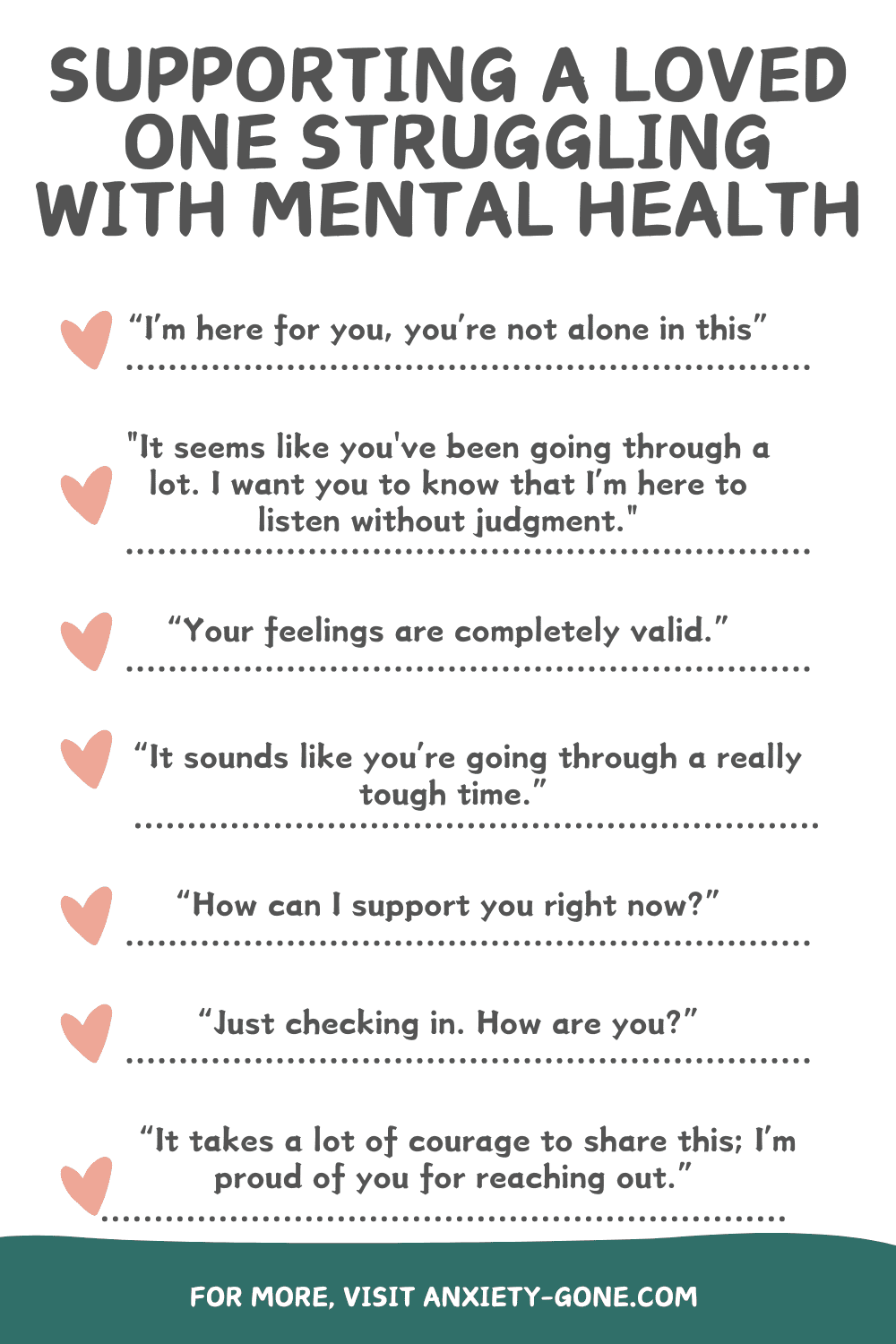Communicating effectively with someone experiencing mental health challenges is a cornerstone of providing meaningful support. It requires patience, empathy, and an open-hearted approach that prioritizes understanding and acceptance over judgment. By actively listening and offering reassurance without minimizing their feelings, we can create a safe space for individuals to express themselves and navigate their struggles. This form of communication fosters trust and can significantly contribute to the healing process. It’s about more than just choosing the right words; it’s about showing genuine concern and a willingness to stand by someone as they work through their mental health journey. By mastering compassionate communication, we empower those facing mental health challenges, letting them know they are not alone and that their feelings are valid and important.
Starting the Conversation
Initiating a conversation about mental health can be challenging, but it’s an essential step in providing support. Choose a private and comfortable setting to talk, and ensure you have enough time to discuss without rush. Start the conversation with open-ended questions or express general concern about the changes you’ve observed. It’s crucial to make it clear that your intentions are based on care and concern, and you’re there to listen and support, not to judge or diagnose. (See below for examples).
Listening Without Judgment
When someone opens up about their mental health struggles, being an active and empathetic listener is vital. Show that you’re engaged by maintaining eye contact, nodding, and using affirmative words. Avoid interrupting or offering unsolicited advice. Sometimes, people just need to be heard and validated. Phrases like “I’m here for you” or “Your feelings are valid” can provide comfort and reassurance. Be patient and allow them to share as much or as little as they feel comfortable with.
What to Say to Someone Struggling with Mental Health

When talking to someone facing mental health challenges, the words you choose can significantly impact their feelings of safety and acceptance. Here are detailed guidelines and examples of supportive phrases to use:
Express Unconditional Support
Let them know you’re there for them, no matter what.
- “I’m here for you, you’re not alone in this” can provide a great deal of comfort. It reassures the person that they have a stable support system, which is crucial during times of mental distress.
- “It seems like you’ve been going through a lot. I want you to know that I’m here to listen without judgment.”
Validate Their Feelings
Validation is key to making someone feel understood. Phrases like the following acknowledge their experience without minimizing their pain.
- “It sounds like you’re going through a really tough time”
- “Your feelings are completely valid”
Avoid phrases that might dismiss their feelings, such as “It could be worse” or “You just need to cheer up.”
Offer Help in a Non-Presumptive Way:
Ask how you can support them instead of assuming you know what’s best. Saying “How can I support you right now?” gives the individual the opportunity to express what they need, which may vary greatly from one person to another. It’s important to respect their wishes and boundaries.
Encourage Sharing at Their Own Pace
Let them know it’s okay to share as much or as little as they want. Phrases like the following can relieve the pressure of feeling like they need to open up before they’re ready.
- “I’m here to listen whenever you’re ready to talk.”
Acknowledge Their Strength
Recognizing someone’s strength in facing their struggles can be incredibly empowering, boosting their confidence while also reminding them of their resilience.
- “It takes a lot of courage to share this; I’m proud of you for reaching out.”
Check-In Regularly
Consistent check-ins can make a world of difference, as it shows ongoing care and concern, and reinforces your support.
- “I’ve been thinking about you and wanted to check in. How are you feeling today?”
Open-Ended Questions
When expressing concern about someone’s mental health and wanting to engage in a supportive conversation, using open-ended questions can encourage them to share their feelings and experiences. Here are some examples of open-ended questions and statements that can help facilitate a caring and supportive dialogue:
- “I’ve noticed you’ve been a bit quiet lately and not as involved in things you usually enjoy. Would you like to talk about what’s been on your mind?”
- “How have you been feeling about things lately? I’m here if you want to share.”
- “You mentioned feeling overwhelmed last time we talked. How are things going now?”
- “How can I support you right now in a way that would be helpful?”
- “What do you think might help you feel a bit better? Is there anything you’ve considered trying?”
- “Are there any activities or hobbies that have been helping you manage these feelings?”
- “Have you thought about talking to someone who specializes in mental health? I can help you look into it if you’re interested.”
Using these types of questions and statements can help someone feel seen, heard, and less alone in their struggles. It’s important to approach these conversations with sensitivity, without forcing the person to share more than they are comfortable with.
 Full Disclosure: Clicking on these links could mean a tiny commission for me, at no extra cost to you.
Full Disclosure: Clicking on these links could mean a tiny commission for me, at no extra cost to you.
Navigating the Conversation with Care
Remember, the goal of these conversations is to make the person feel seen and supported, not to diagnose or provide therapy (unless you are qualified to do so). Your role is to offer a listening ear, express care, and guide them towards professional help if and when they’re ready. It’s also important to be mindful of your tone and body language; these non-verbal cues can communicate empathy and understanding even more than words.
By approaching the conversation with sensitivity, openness, and a non-judgmental attitude, you can provide meaningful support to someone struggling with mental health. This not only helps in building trust but also encourages them to take the necessary steps towards healing and recovery.
Taking Care of Yourself
Taking care of your own mental health while supporting someone struggling with mental health challenges is paramount. It’s akin to the principle of securing your oxygen mask before assisting others in an emergency. Engaging deeply in someone else’s mental health journey can be emotionally taxing, often leading to caregiver fatigue or secondary traumatic stress.
By prioritizing your well-being, you ensure that you have the emotional resilience and strength to be genuinely supportive over the long term. Self-care practices such as maintaining healthy boundaries, engaging in activities that replenish your energy, seeking support for yourself, and practicing mindfulness can help protect your mental health. Remember, you can provide the most effective support when you are at your best—physically, emotionally, and mentally. This balanced approach not only sustains your capacity to care for others but also models positive mental health practices for those you are helping.
Conclusion
Supporting someone struggling with mental health issues is a profound act of kindness that can make a significant difference in their lives. By understanding mental health challenges, communicating effectively, providing practical support, and taking care of your own well-being, you can offer compassionate and effective support. Remember, you’re not alone in this journey, and there are many resources available to help both you and your loved one navigate these challenges.
Full Disclosure: Clicking on these links could mean a tiny commission for me, at no extra cost to you.













